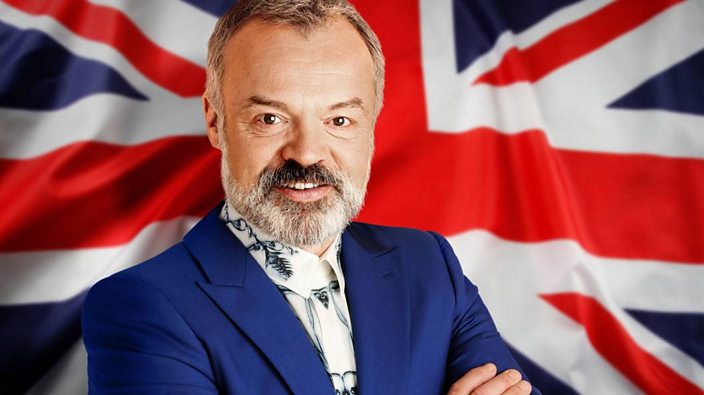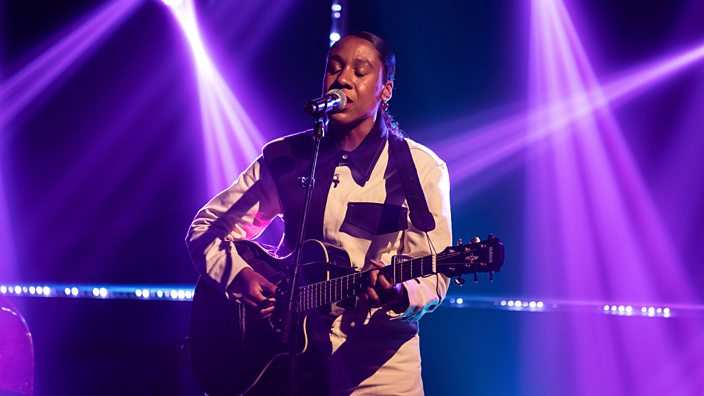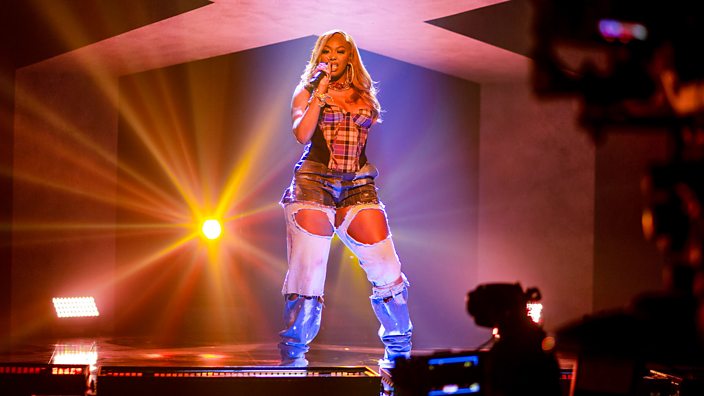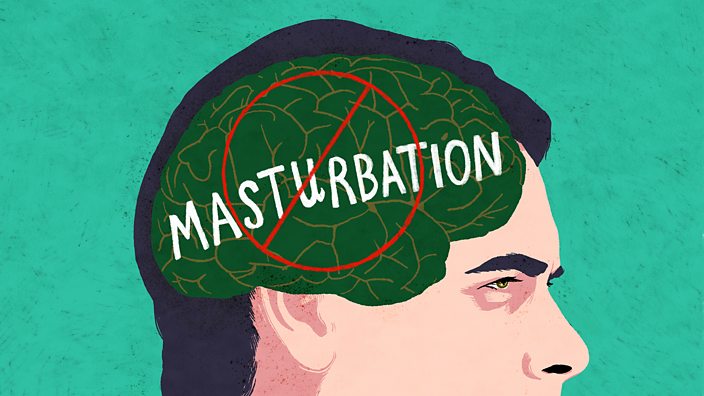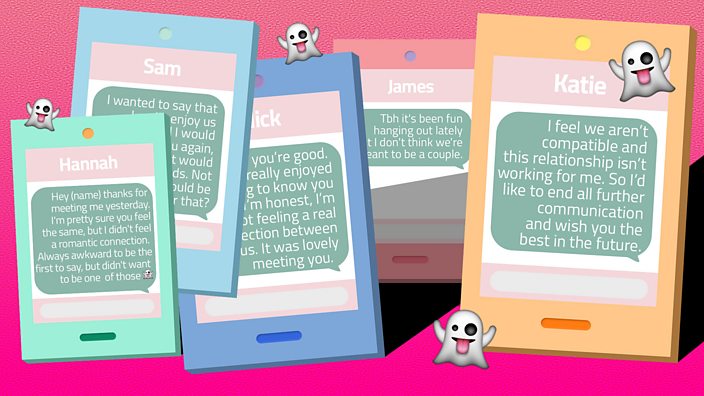Though it might not be running this year, Eurovision is a delightful Euro-wide commingling of all things camp and popalicious. But it’s not all unicorns and glitter. Don’t get on the wrong side of the Eurovision organisers with racist songs or inappropriate flags, or you’ll be out on your ear before you can say Boom Bang a Bang.
1. Brandishing an unofficial, political flag? GET OUT!
Eurovision is all about the countries, as Armenia found out when their fans started flapping around local flags. The waving of the Nagorno-Karabakh regional flag caused shock and anger in Azerbaijan, due to potentially threatening peace talks in the hotly disputed region. Armenia could face a financial penalty and points reduction if those flags aren’t folded back up. The poor Welsh Dragon wasn’t welcome inside Eurovision Towers either, even if one of the acts is Welsh. It was very recently reversed after “reflection and several constructive talks with participating delegations”.
Similarly, a political statement on Russia’s controversial LGBT laws by waving the rainbow flag when they strut on stage was a no-no. You’d have been Putin your place. (Geddit? Putin? I’m here all week.) But they’ve had a rethink on this too, as it not only represents diversity, but they’d probably be annoying three quarters of their audience.
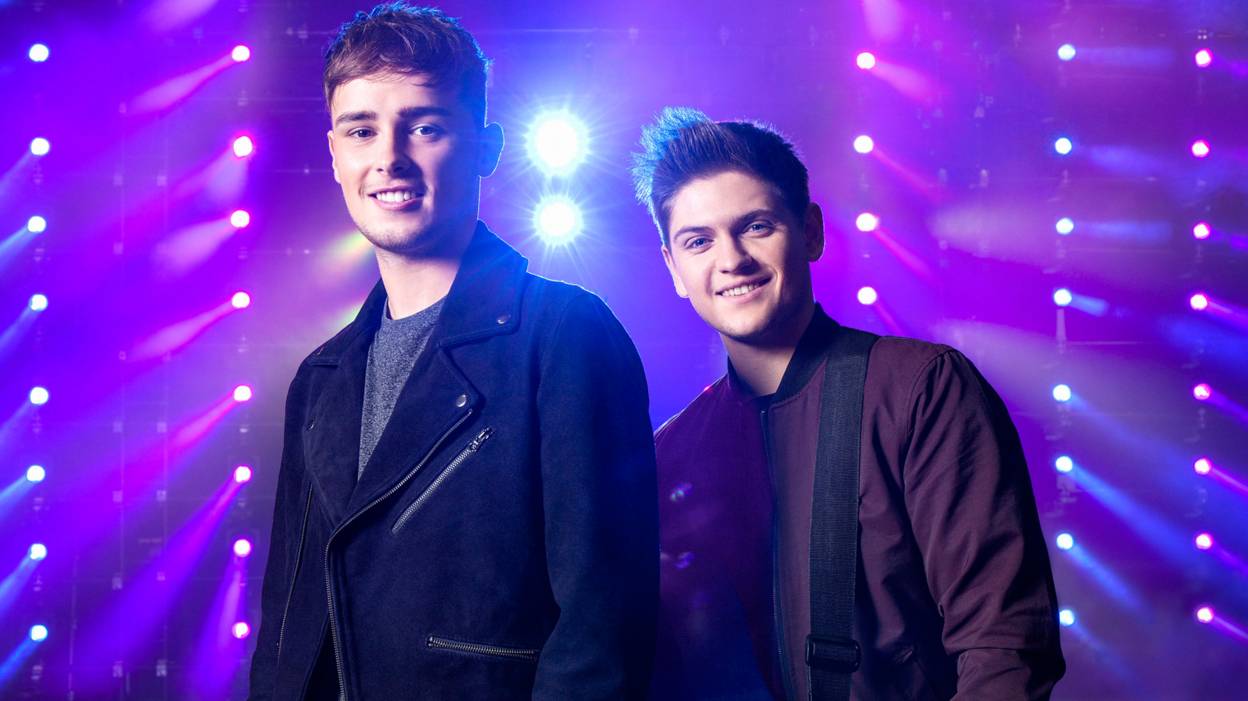 BBC
BBC
2. This is not the place to get on your soapbox! Well, sometimes you can, depends how they’re feeling…
The very nature of Eurovision is bringing people together, so songs about world harmony, falling in love and defeating Napoleon are welcomed as warmly as an iconic on-stage skirt rip. But the rules state that no "lyrics, speeches, gestures of a political or similar nature shall be permitted".
However, 2016's Ukrainian entry referenced World War II. Specifically the mass deportation of the entire ethnic Tatar population from Crimea by Soviet troops under the orders of Stalin. This was allowed, but Georgia’s 2009 entry ‘We Don’t Wanna Put It In’ (ALL HAIL THE PUTIN PUNS) was banned for slating the Russian PM to a jaunty disco beat. Similarly, Armenia had to change the title of their entry ‘Don’t Deny’ for allegedly referring to the mass-killings of Armenians by Turkey in World War I. Slightly more taxing than the lyrical content of ‘Oooh ahhh, Just a Little Bit’.
To add confusion, Israel’s 2007 entry ‘Push the Button’ was, to the organisers, a perfectly acceptable response to Iran’s nuclear programme. While most UK viewers were probably just alarmed at such a leftfield take on a Sugababes classic.
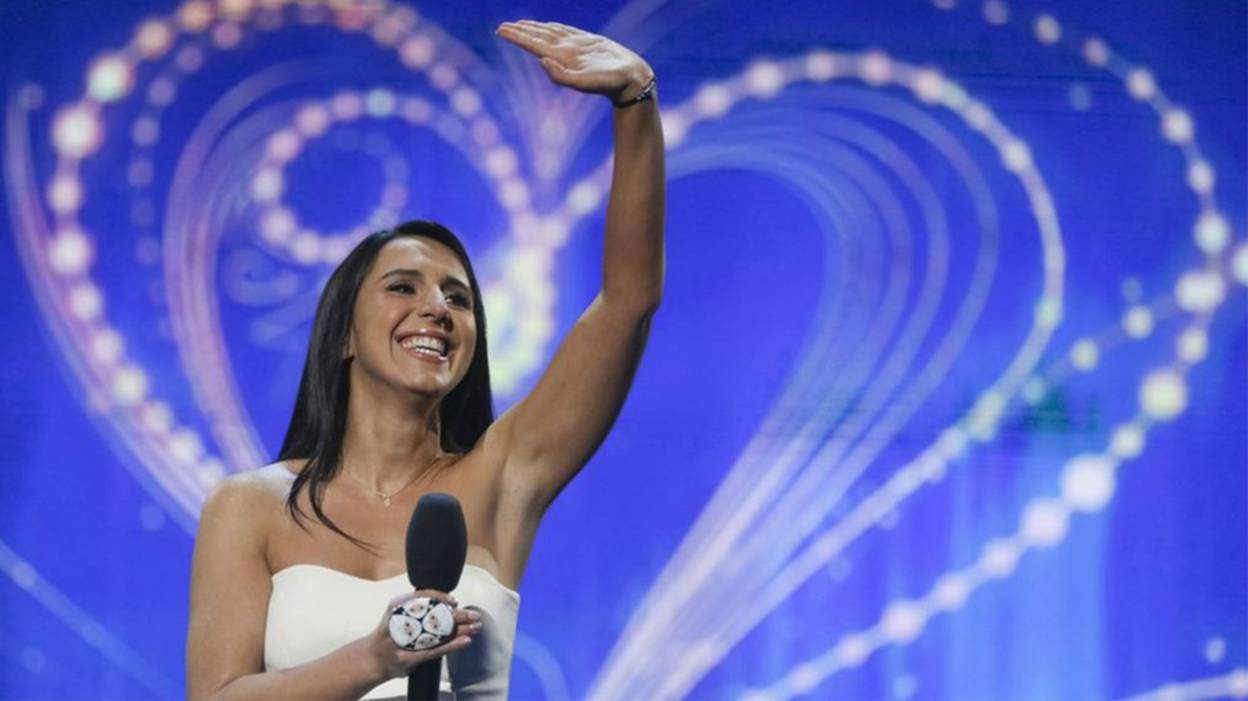 BBC
BBC
3. Can’t afford it? Sorry!
Spare a thought for poor Romania, after the country was expelled from 2016's contest due to its state broadcaster’s debts. Televiziunea Romania owed 16M Swiss Francs to the European Broadcasting Union who produces Eurovision. And Ovidiu Anton was banned from performing his entry. The song’s title was 'Moment of Silence'. Now, Alanis, that really IS ironic…
4. Don’t bring your filth in here, darling…
Eurovision rules explicitly state that song lyrics or performances cannot bring the competition into disrepute. So, as well as political rants, there’ll be no swearing, rude gestures, hate speech or cheeky promotion of any organisation or institution in Eurovision’s playpen, thank you very much. Sadly, they’ve still not implemented a rule which states entries can’t be a steaming pile of musical pony, as the UK breathes a sigh of relief.
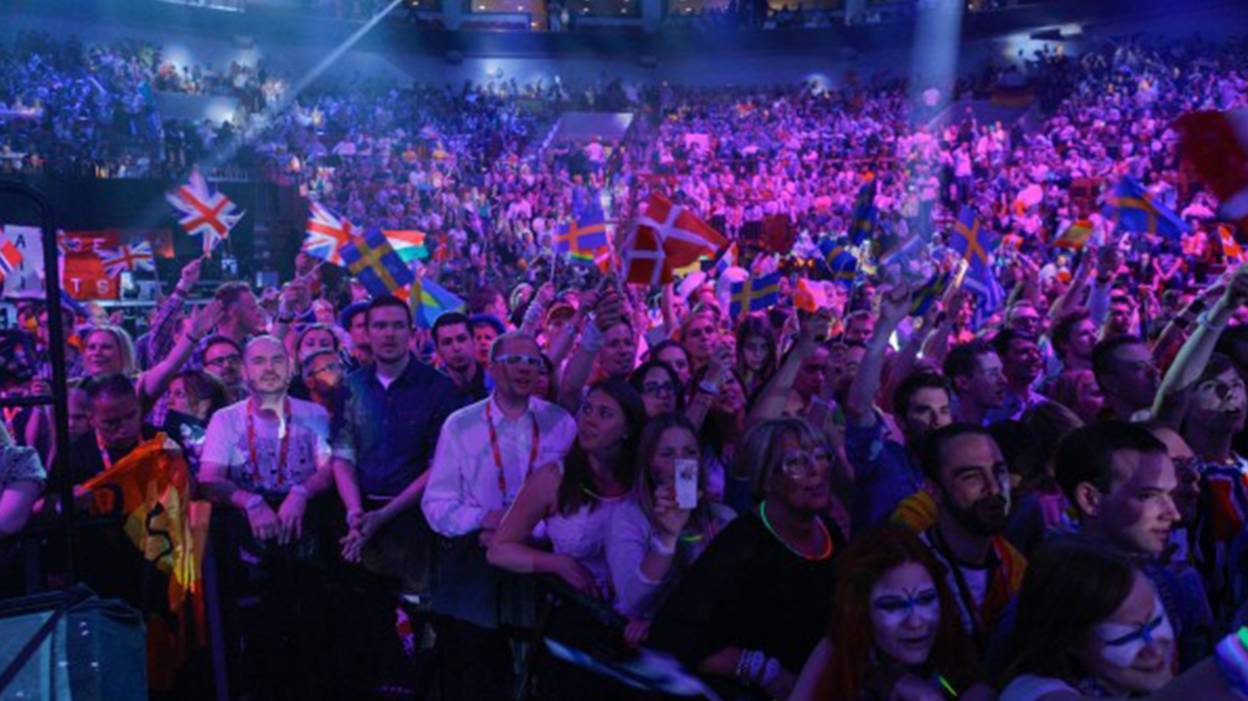 BBC
BBC
5. Listen, you can’t have all your friends on stage tooting their horns, mate…
There’s also more bizarre rules from Eurovision HQ than you can shake your pink feather boa at. You’ve got to sing live – fair dos – but you can’t play an instrument live. It has to be a backing track. So all those groups you see enthusiastically guitar strumming/keyboard bashing are basically acting their socks off. This may seem alarming, but Eurovision is a fast-paced, pan-European musical factory and there’s only 30 seconds between acts to do a full stage change. Whilst this may seem extremely short, as those country-based travel monologues appear to go on forever, that cumbersome harp just has to go, sweetheart.
Don’t forget the stage population rule, which means no more than six people are allowed on stage at one time. This mercifully prevented S Club 7 from ever representing us. There’s also, thankfully, no autotune, which is potentially why Cher’s never got on board. Oh, and there’s no ‘instrumental only’ songs either – you HAVE to sing! This means a tape playing elevator music will not be representing the UK this year. Although, to be frank, it might fare a bit better than some of our recent entries…
This article was originally published on 12 May 2016.
